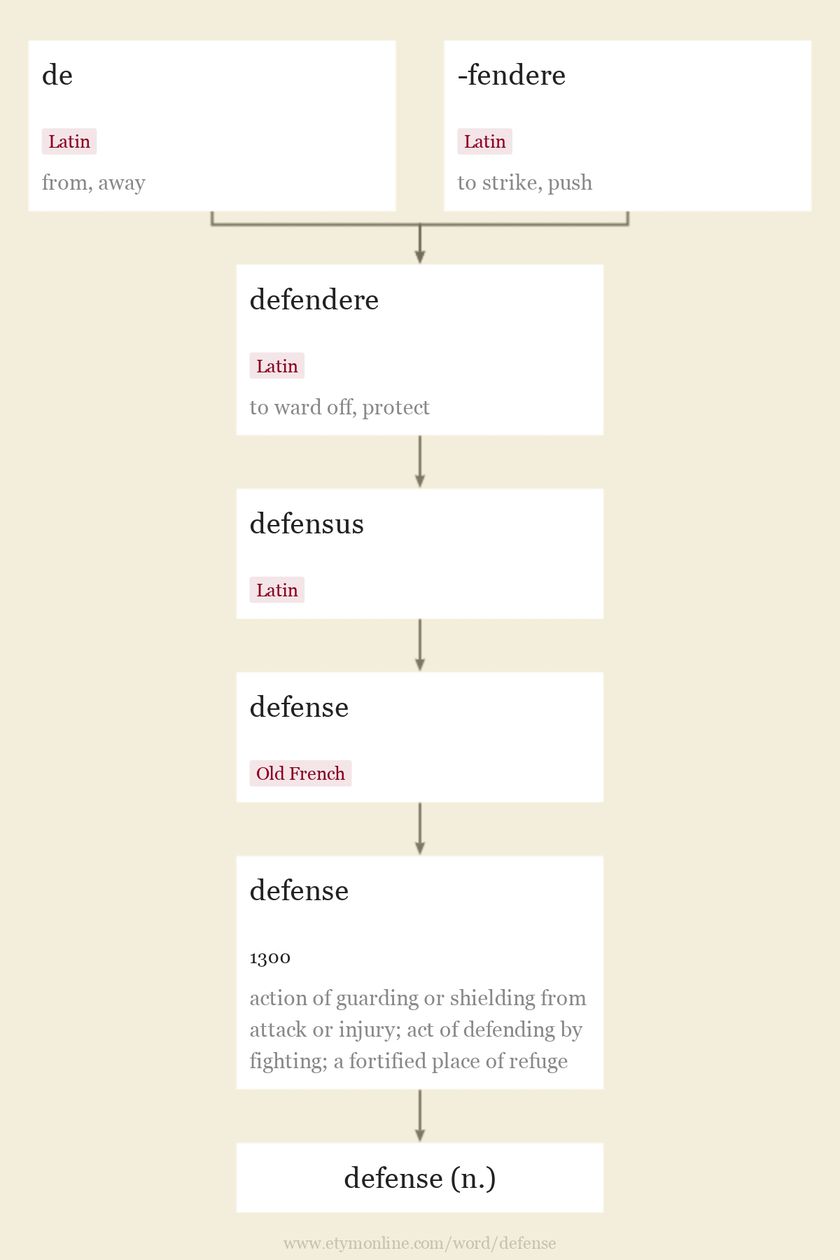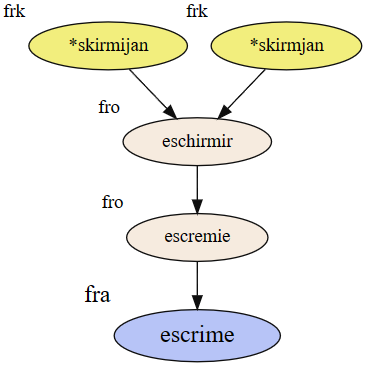Just published "West meets East: Papers in historical lexicography and lexicology from across the globe" edited by Geoffrey Williams, Mathilde Le Meur & Andrés Echavarría Peláez
Lexicography, in its many forms, is a very old, practical discipline solving practical problems concerning word usage. The term “word” seems more appropriate than “language” in this context, as lexicography addresses more questions relating to what we now call lexicology. As with all areas of human endeavour, what developed gradually through trial and error has eventually been subjected to a theoretical framework. The role of historical lexicography is to look back on the development of these highly varied word lists to understand how we arrived at the tremendous variety that characterises practice throughout the world.
This volume is both a selection of expanded papers from one conference on historical lexicography and lexicology, held under the aegis of the International Society for Historical Lexicography and Lexicology (ISHLL) in Lorient, France, in May 2022, and also the first in a new book series dedicated to the field. The new series represents a collaboration between two sister associations, ISHLL and the Helsinki Society for Historical Lexicography (HSHL). The volume contains texts in both English and French that provide insights into dictionaries, their compilers and users using evidence from numerous languages across the globe. It is also diachronic, moving from topics on medieval usage to contemporary issues concerning open access and digital publishing in historical lexicography. The title reflects the global scope of its authors and content, encompassing Japan to the United States, Eastern Europe to the United Kingdom, and Portugal.
This book is the first one in our new series "World Histories of Lexicography and Lexicology" https://langsci-press.org/catalog/series/whll
Contents
Introduction (Geoffrey Williams)
On closure and its challenges: Examining the editors’ proofs of OED1 (Lynda Mugglestone)
Dictionaries in the web of Alexandria: On the dangerous fragility of digital publication (Daphne Preston-Kendal)
A dictionary of the languages of medieval England: Issues and implications (Gloria Mambelli)
The treatment of English high-frequency verbs in the Promptorium Parvulorum (1440) (Kusujiro Miyoshi)
Disattributing the Encyclopédie article on définition en logique from Jean-Henri-Samuel Formey (Alexander Bocast)
Project Cleveland: Documenting the lexicographic output of 20th-century Slovenian immigrants in the US (Alenka Vrbinc, Donna Farina, Marjeta Vrbinc)
The incorporation of proper nouns of Non-Slavic origin into the 16th-century Slovenian literary language (Alenka Jelovšek)
Dictionnaires manuscrits dans l’histoire de la lexicographie croate: Des recueils de mots aux trésors linguistiques et culturels (Ivana Franić)
Évaluer la dette: L’étendue de la présence de Richelet dans le Dictionnaire universel de Basnage (1701) (Clarissa Stincone))
De Félibien à Boutard: L’évolution du dictionnaire artistique entre le XVIIème et le début du XIXème siècle (Rosa Cetro)
La valeur pragmatique des langues dites « orientales » dans le Dictionnaire universel de Trévoux (1721) (Georgios Kassiteridis)
Musical terms of the Greek and Italian origin in the Ottoman Turkish lexicography (Agata Pawlina)
Exploring the unique method for encoding sinograms in the first known Chinese-Polish dictionary (Andrzej Swoboda)
Les travaux lexicographiques de Carlo da Castorano et ses tentatives pour faire imprimer un dictionnaire européen de chinois (Gianninoto Mariarosaria, Michela Bussotti)
The bilingual dictionary as a mediator between West and East: The beginnings of English-Polish lexicography (Mirosława Podhajecka))
Lexicon Lapponicum Bipartitum.....ungarice scriptum: Hungarian aspects of North Saami dictionary writing (Ivett Kelemen)
Les exemples dans les dictionnaires français–hongrois à travers les siècles (Gábor Tillinger)
Sul finir d’imparare la Grammatica Francese, fa d’uopo studiar il Dizionario delle Frasi: Deux recueils phraséologiques bilingues franco-italiens de la première moitié du 19e siècle (Michela Murano)
The discovery of a Russian-Tajik Dictionary (Abdusalom Mamadnazarov, Bahriddin Navruzshoev)
Lexicon of Oriental words in Ancient Greek (Rosół Rafał)




